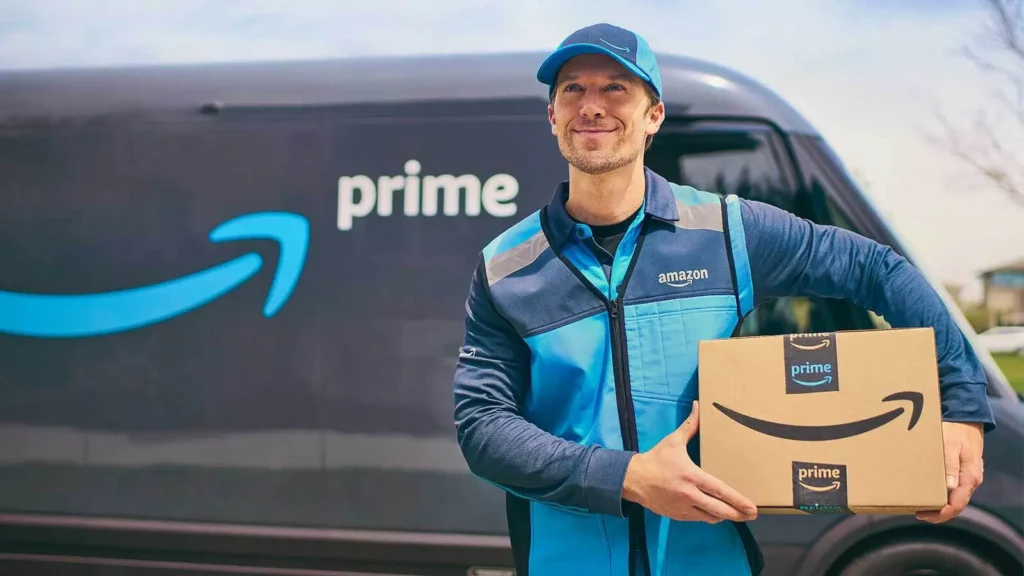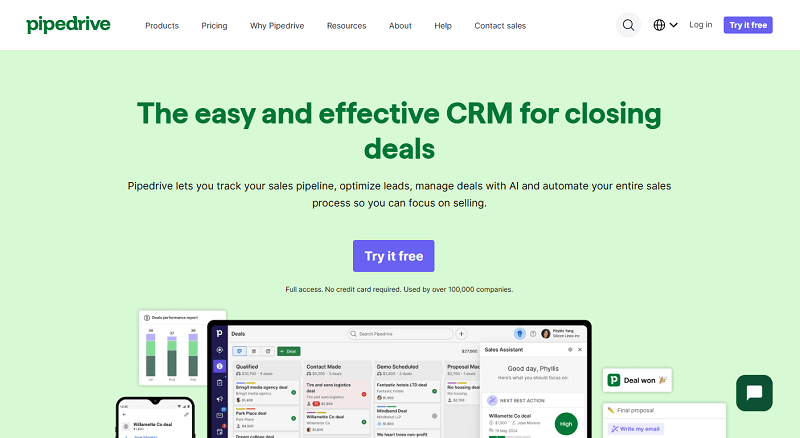Amazon, the world’s largest online retailing store, was founded by Jeff Bezos on July 5, 1994, under the name” Cadabra” (as in abracadabra) in Bellevue, Washington. After realizing the Internet’s potential, he quit his job and decided to build his own online company, like the famous Google, Microsoft, and Apple, from his garage.
The entrepreneur later changed the company’s name to Amazon. Amazon has recorded magnificent business success throughout the years. Their yearly net sales increased from $510,000 in 1995 to $600 million in 1998 and from more than $19.1 billion in 2008 to almost $233 billion in 2018. Today, they have over 30 product categories and are available in 131 countries worldwide.
How did Amazon get here? Amazon’s customer relationship management software is effective and productive.
“We’re not competitor-based; we’re customer-obsessed. We start with what the customer needs and work backward. Focusing on the customer makes a company more resilient.” – Jeff Bezos
Amazon Timeline
Amazon is founded
Amazon IPOs at $18.00/ share
Acquires IMDB
zShops launches
Lawsuit against Barnes and Noble
A9.com is launched
Acquires Joyo
Amazon Prime is launched
Amazon Mechanical Turk
Amazon S3 is launched
Amazon Elastic Compute Cloud is launched
Amazon Kindle is launched, which will turn out to be an important milestone in Amazon's history timeline
Amazon Fresh is launched
Amazon Music is launched
Acquires Audible
Acquires Zappos
Kindle e-books outsell hardcover books on Amazon by almost 50%
Amazon instant video is launched
Amazon App Store is launched
Acquires Kiva Systems
Acquires GoodReads
Amazon launches in India
Kindle Fire is launched
Acquires Twitch
Amazon Underground is launched
1st physical store in the history of Amazon
Amazon Prime Air is launched
Acquires whole foods
Amazon announces search for second headquarters
Acquires pill pack
$1 trillion market cap reached
Minimum wage raised to $15/h
NY and Virginia to become Amazon HQ2
NY HQ plans scarped
25th Anniversary
Amazon Care is launched
Jeff Bezos steps down as CEO
Amazon acquires MGM
Amazon surpasses FedEx and UPS to become the 1 delivery company in the US
Amazon Prime launches new tier supported by ads
Before you proceed, you can get instant, no-obligation CRM quotes. Just answer a few quick questions and we’ll match you with top providers tailored to your business.
Amazon CRM Case Study: Ways Amazon uses Customer Relationship Management.
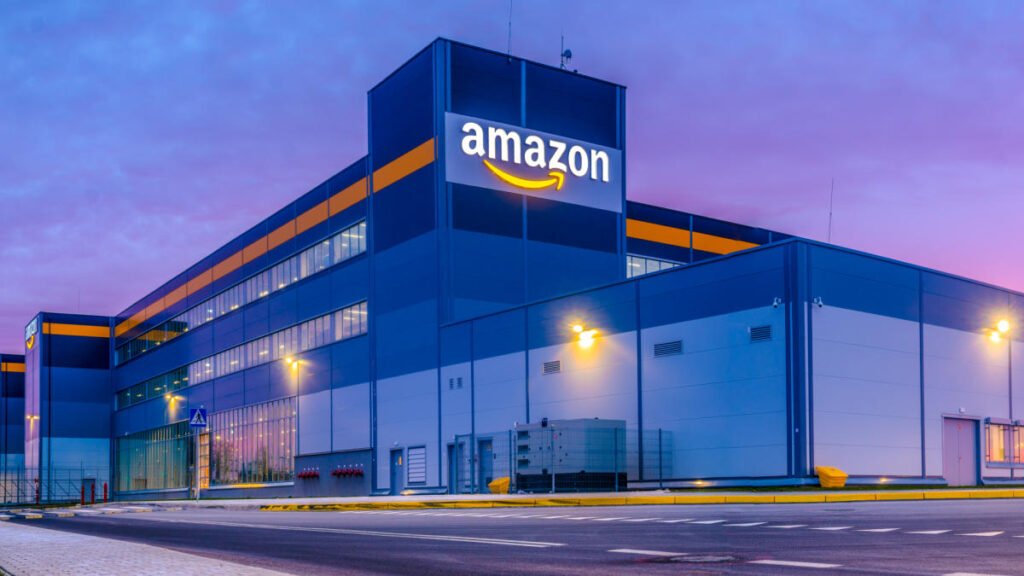
1. Putting Customer Service First
Amazon has been customer-centric from the beginning. It is their goal always to satisfy customers through their services; Jeff Bezos once said, “The best customer service is if the customer doesn’t need to talk to you. It just works”. This philosophy has been at the heart of Amazon’s operations from day one. On their customer service page, you can choose a category of many to suit your inquiry best.
Amazon’s interface is simple and easy to use. Customers can find their recent orders and track their packages on the Order page. The Return policy makes it easy for customers to get all the information they need, plus it establishes trust with new customers.
By focusing on the customer, Amazon has gleaned unwavering loyalty, which translates to consistent growth.
2. Amazon Product Review
Do you know one of the primary reasons why Amazon’s website receives such a large number of visits? Well, it’s because they display customer feedback. Yes, this feedback enables potential clients to assess the usefulness of a purchase based on other clients’ opinions and customers’ perceptions of the brand.
In February 2022, Amazon. Com had over 2.2 billion visits from mobile phones and desktops. Offering this service without pressuring the customer is helping Amazon turn over billions annually. This is why CRM is an indispensable tool in marketing strategy. Social proof is a powerful tactic that consistently boosts Amazon sales.
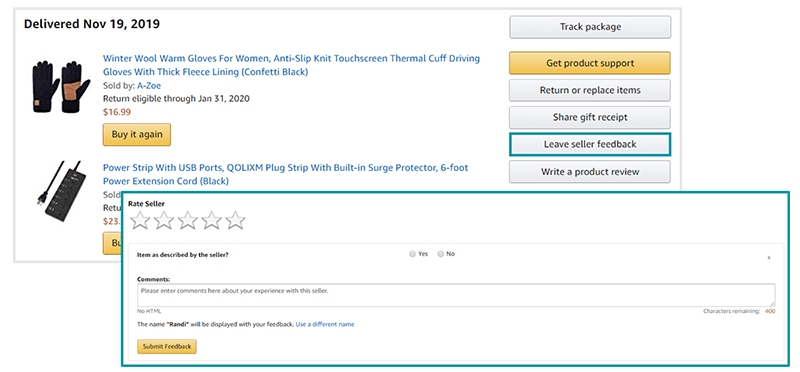
3. Personal Data Collection and Storage
Customers can order with one click, knowing that their data is protected by Amazon’s industry-leading fraud prevention tools, and have their items arrive the next day. Amazon stores its customers’ personal and payment details when they create an account to buy something.
These accounts provide Amazon with an opportunity for target marketing, meaning customers can be emailed with offers and promotions based on past purchases. This benefits customers with shopping.
This makes sense now; it’s much easier for customers to purchase items again without hassle. Anyone who uses Amazon regularly will notice that you don’t need to open another account if you’re buying for the second time; because it saves your initial data.
4. Personalization & Recommendation
Another special feature of Amazon’s CRM is the recommended product features. When logged in, Amazon recommends products that might interest you based on your purchase history. Customers can easily explore related items and check what other people viewing an item also bought.
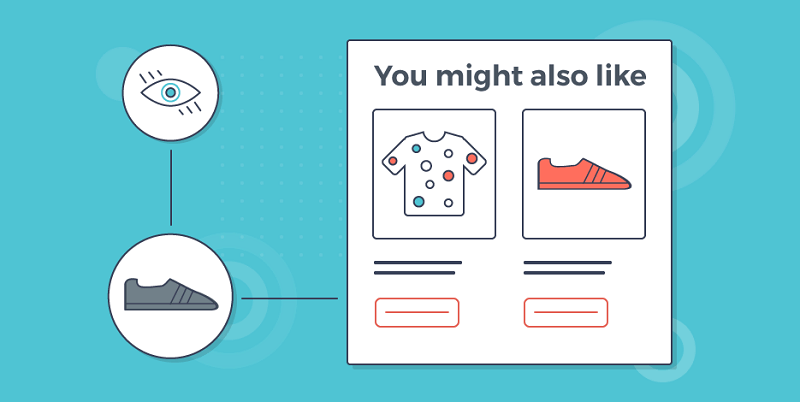
This directly increases sales. The recommendations are personalized to make ” offers that are likely to not only increase sales but also satisfy the customer and lead to repeat purchases in the future, thereby securing a greater market share for the company.
What CRM Does Amazon Use In 2024?
The Best Overall
Pipedrive
A sales-focused CRM that leverages AI to automate sales, lead & demand generation.
Best Budget Choice
Freshsales
Freshsales automates your sales process, and helps drives sustainable business growth.
Best for Workflows
Zendesk
Customize your workflows to track all aspects of the sales cycle, from lead gen to post-sale support.
Amazon relies on its in-house CRM to manage customer relationships, which is tailored to meet the comprehensive needs of shoppers and sellers. Do you know why Amazon relies on its tech?
Thus, it can’t risk relying on third-party solutions that might not work as well as they should. Moreover, Amazon has a relationship with Salesforce, which is used for innovative cloud platform solutions on Amazon web services.
Conclusion
Amazon’s success story over the years is based on its CRM strategy. It is a study of customer relationship optimization mastery, helping Amazon retain customers repeatedly. As a result, Amazon is one of the world’s most successful companies.
In my opinion, Salesforce is the closest CRM for replicating Amazon’s success, as it offers SMEs the ability to create the same world-class experience. To build a scalable business, it’s best to emulate the strategies used by Amazon.
Frequently Asked Questions
Amazon’s mission is to be Earth’s most customer-centric company. This is what unites Amazonians across teams and geographies as we are all striving to delight our customers and make their lives easier, one innovative product, service, and idea at a time.
Amazon’s core business strategy prioritizes the customer experience above all else. This is reflected in initiatives such as Amazon Prime, personalized recommendations, and one-day delivery, which aim to make shopping on Amazon as easy and convenient as possible.





















